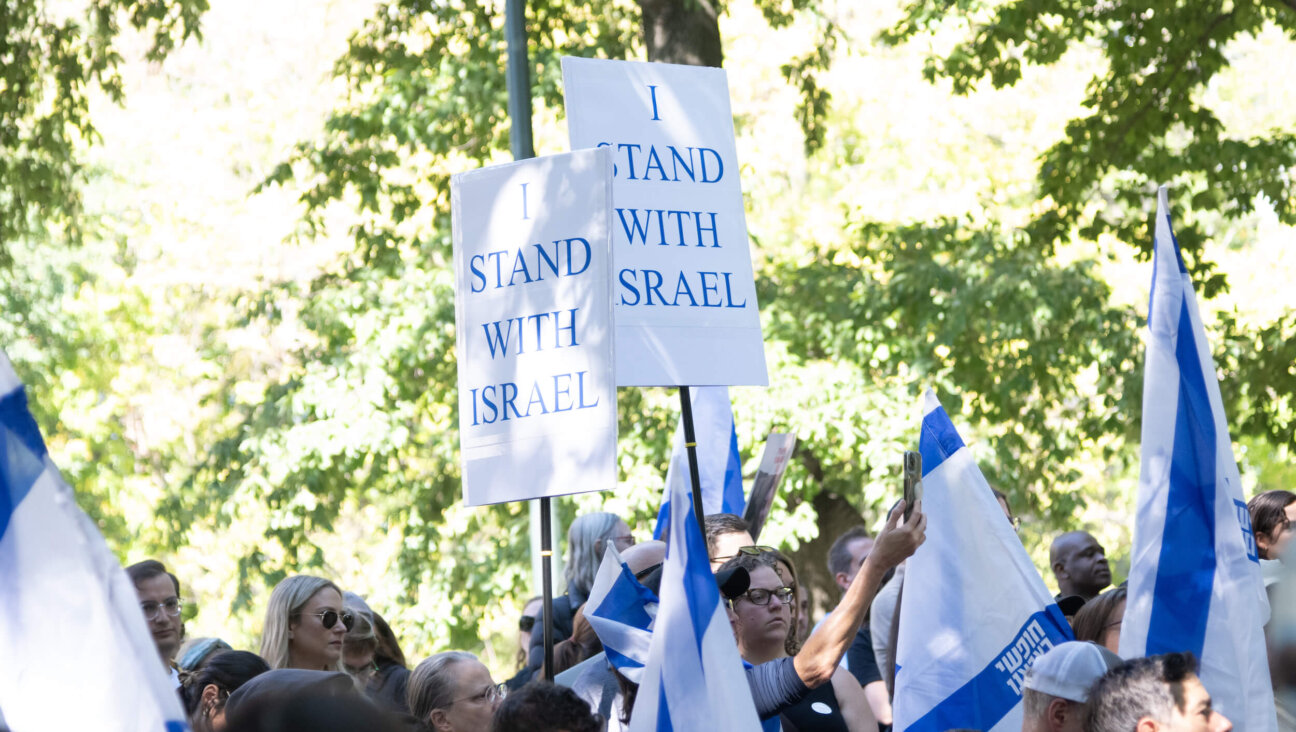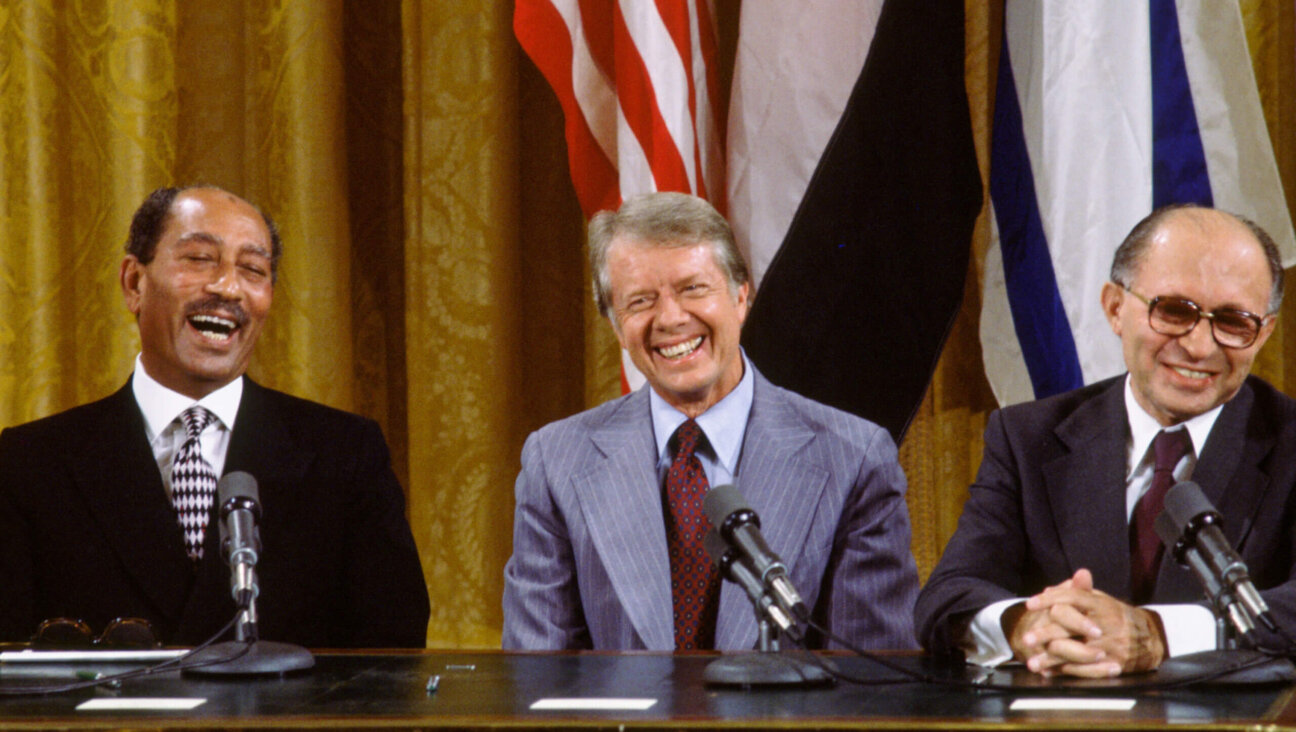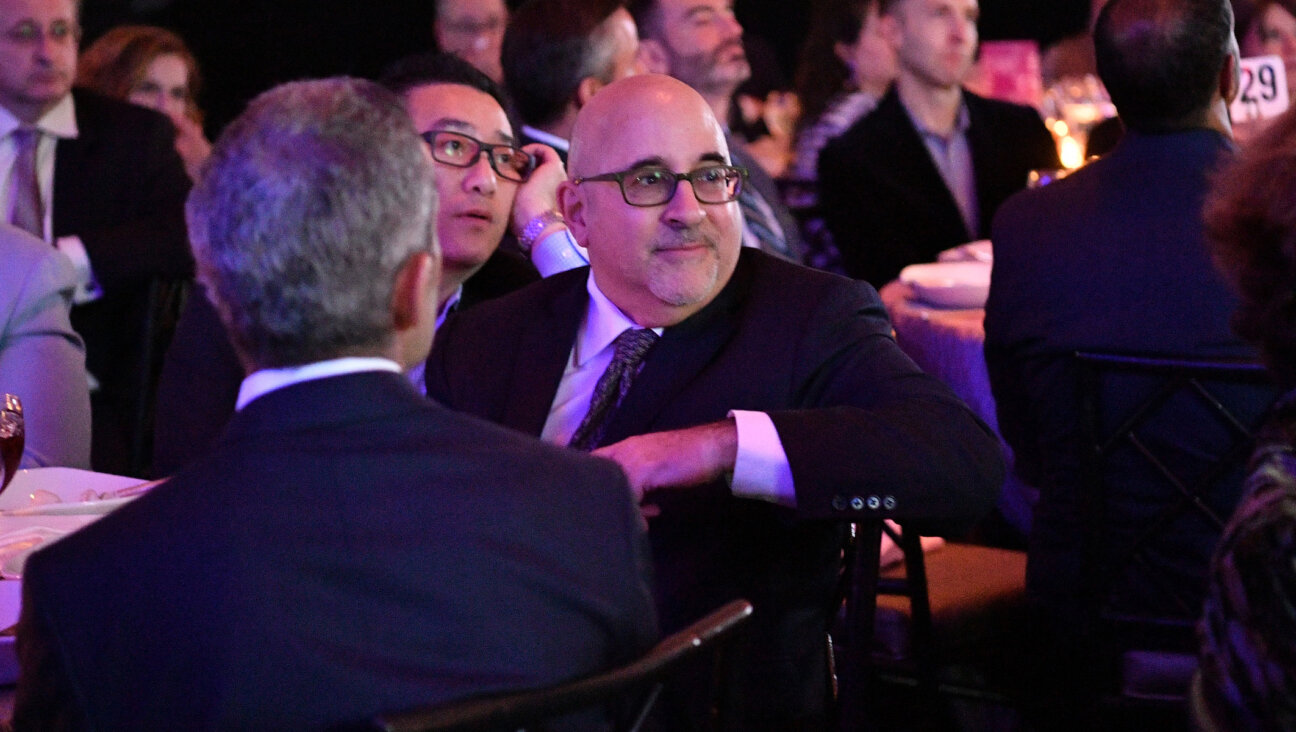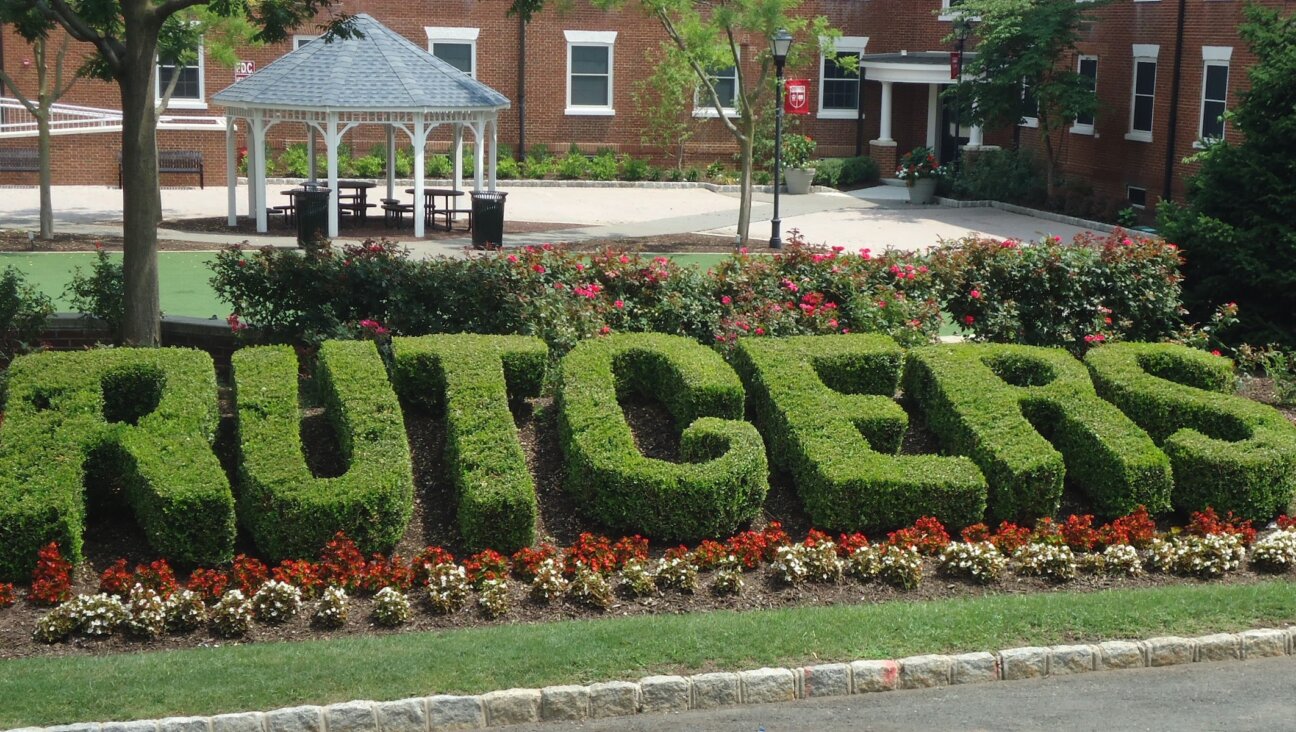The Invisible Become Visible
In New Orleans, the order was reversed: First it was the casements of the heavens that were opened, and only then did the wellsprings of the great deep burst. “A flood of Biblical proportions,” many people called the surging waters of Lake Pontchartrain. But the truth — even the poetic truth — is quite different. This was very much a flood of characteristic American proportions and of American habits.
Which is to say that the destruction wrought by the flood was about negligence over many years and it was about race and it was about poverty. These are not the whole of the story, but they are its inescapable and most miserable aspects.
New Orleans is, to many people’s surprise, America’s largest port. It was/is high on the list of prospective terrorist targets. One might have supposed that substantial supplies would have been pre-positioned nearby, to be used in case of a horrific attack. Well, there was a horrific attack, the product of nature’s whims rather than human malice, and though there had been warning enough to encourage evacuation of the city, there was evidently no plan for evacuating the sick, the elderly and all those who had no means of leaving. And there was no milk and there was no insulin. There was no plan.
Hence, in the aftermath of the flooding, there was chaos. And looting. Just as there had been when American troops entered Baghdad. What manner of public servant ignores the warnings of the levees’ weaknesses, ignores the meanings and consequences of poverty, ignores the lessons of proximate history? (And what manner of president flapdoodles about telling us that New Orleans will rise again and be better still, sounding like nothing so much as he sounds like a third-string cheerleader? What a pitiful performance!)
Seventy percent of the people of New Orleans are black. It wasn’t always that way; not long ago, the proportions were reversed, and 70% were white. But many whites have left the city, perhaps in search of higher ground. The city’s black residents, as we now all know from the television reports, are — most of them — poor, very poor. And until the flood, they were also largely invisible. Now, they disturb our waking hours. Who are these people, these huddled masses yearning to be — to be what? Fed? Housed? Or simply: noticed.
We will never know how different it would have been had a neighborhood of middle-class whites been the principal victims of the flood. But of one thing we can be certain: These poor people may have lost everything, but they have not lost their invisibility. Wait a week, or a month or two, and they will be gone, out of sight, out of mind. This nation is not prepared to deal with issues of poverty, much less the intersection of poverty and race. This nation is not, though it might be roused to concern. But this nation’s government has other priorities. Watch: See whether President Bush now calls for rescinding the repeal of the estate tax.
How might the nation be roused? I am here reminded of the wisdom of Rabbi Mordecai Yitzhak Levi, an 18th-century Hasidic rabbi, commenting on the Biblical command that we “blot out the name of Amalek from under the heavens.” That curse — which led the tradition to identify Haman as a descendant of the Amalekite king, which gave the name “Amalek” to all the enemies of the Jews through the centuries — concludes with the words, “Do not forget!”
What is it we are commanded to remember, asks Rabbi Levi? The reason for the curse, so the passage in Deuteronomy 25:18 tells us, is that when we were in the desert, “weary and faint,” Amalek attacked and slaughtered “all the stragglers” who lagged behind. So, says Rabbi Levi, we are to learn and remember that if we allow the weak, the infirm and the beaten-down to fall behind the rest of us, Amalek will be able to destroy them. What we are to remember, he teaches, is to bring our brothers and sisters who need special attention into our midst. No one is left outside the tent. No one.
But today we do not see the weary and the faint; we see the looters, we see aliens, people we do not know, have never spoken with, have hardly ever seen except as they have cleaned our hotel rooms or our restaurant tables, people of whom we are, let us confess it, afraid. We fear them not because of the looting; we fear them because we think the day must come when they will rise up, when they will march.
Might this terrible and terrifying flood render its victims enduringly visible? Might it, that is, be a transformative event? The misery of it all, the sorrow, the dead by water and the dead by neglect, can we open our hearts to them? And our eyes, our minds? Their homes are gone, their jobs are gone, somewhere they must make a new life. Houston has risen wonderfully to the occasion, and so did Jill Kandrus of Idaho Falls, Idaho, who offered her basement as housing for a newly homeless family, and so did some kids in Walpole, Mass., who sold lemonade on their street corner to raise money for Katrina relief and in their first three days raised more than $5,000. And the generosity across the nation is quite wonderful, but we have been here before and our leadership is feeble and our memories are short.
Do not forget.
A message from our Publisher & CEO Rachel Fishman Feddersen

I hope you appreciated this article. Before you go, I’d like to ask you to please support the Forward’s award-winning, nonprofit journalism so that we can be prepared for whatever news 2025 brings.
At a time when other newsrooms are closing or cutting back, the Forward has removed its paywall and invested additional resources to report on the ground from Israel and around the U.S. on the impact of the war, rising antisemitism and polarized discourse.
Readers like you make it all possible. Support our work by becoming a Forward Member and connect with our journalism and your community.
— Rachel Fishman Feddersen, Publisher and CEO






















